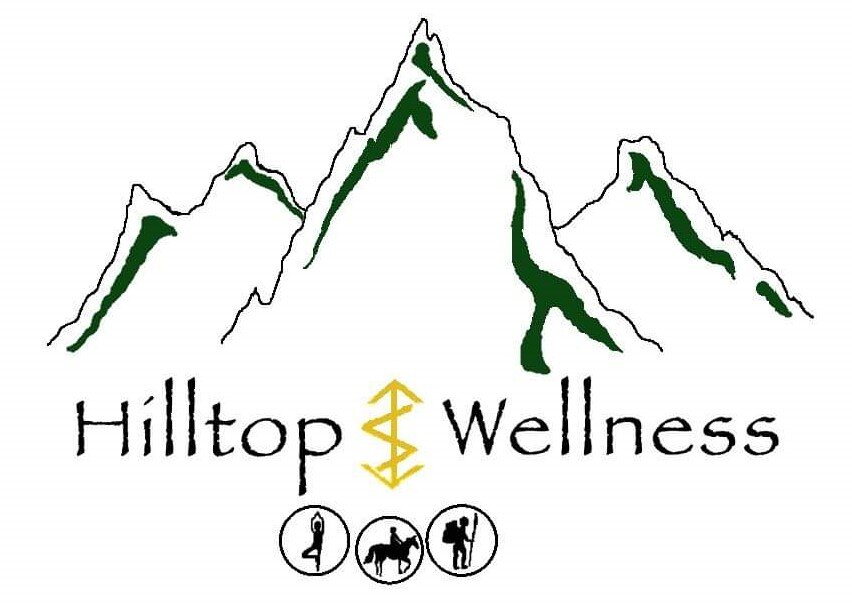Cultivating Mental Wellness Through Movement
You are feeling overwhelmed and stressed, you know exercise is important but often the first thing to go when the to-do list gets long and you must choose between deadlines, sleep, or exercise. So, I know you have probably heard this before but here is a quick reminder. Exercise is important for not only your body but also for your mental health. It does not matter what type of exercise, it can be yoga, strength training, or an aerobic workout, the important thing is to move your body. Research has shown 17% of Americans exercise, although 76% recognize the importance of exercise for our physical and mental health. Another fun statistic is that even though exercise is recognized as beneficial and crucial for coping with stress, anxiety, and depression, when feeling stressed half of those who exercised regularly skipped exercising when they were stressed and turned towards electronics, watching television, eating, or other numbing techniques. So, when we need it most we turn away from the healthy benefits of exercise, aren’t humans interesting?
Exercise helps by producing endorphins, these neurotransmitters are a natural pain reducer and give us a natural high. Endorphins also reduce the chemical cortisol in our system which is released during times of stress and triggers feelings of fear and a fight/flight response. One other benefit of exercise is the mental focus that it brings which takes us away from our ruminating thoughts and gives us a mental break. We try to take our minds off worries through television or scrolling on our phones, however, this is not as effective as exercise. Lifting weights, running, tai-chi, or doing yoga allows us to focus inward on our bodies and breath, naturally creating a meditative state which decreases stress and anxiety.
Exercise increases our physical resilience and studies have shown this in turn increases our mental resilience. Resilience is a big word in mental health because this is our ability to bounce back from trauma, stress, and other difficult life events. So, when things get hard, we are better able to cope with them and bounce back much faster, lessening the overall impact on our minds, bodies, and lives. Another research study demonstrated when we exercise regularly, we are better able to problem-solve and have better cognitive functioning. With what we know about the nervous system, this makes sense because, in fight/flight, we don’t have access to the parts of the brain needed to problem solve. Exercise helps us stay in the frontal part of the brain where we can access and utilize executive functions of the brain. So, we know exercise helps us be mentally healthy and cope with stress and anxiety both in the day-to-day stressors and when larger stresses come along.
How do we become one of the 17% who exercise and utilize this important natural stress, anxiety, and depression-fighting strategy? I think we all wonder that, and many papers and ideas have been thrown out there. My best ideas are:
Start small, you may not be able to manage the 150 minutes weekly that is recommended but can you do 5 minutes a day of walking, dancing, yoga, running, or anything that gets your heart rate up? If you can start small and then build to 10 min and so on you will get to 30, you just have to keep going.
I also think we get stuck in the place of I need to make it a production with the right clothes, timing, place, shoes, etc. I think simple is good. Kick off your shoes and dance around, whenever you can for 5 minutes, boom, exercise accomplished. Do this 6 times a day and you make it to 30. It is a starting place and even this can have large benefits over time.
Find and do something you love! I don’t believe exercise should be torture to the body, mind, or soul. It does not matter what you do, the goal is to get your body moving and your heart rate up. Do that in any way which makes you happy.
Find ways to keep track and reward yourself for the small wins without focusing on the failures. Changing habits and especially thinking patterns is hard! This is going to take time so just keep going, 5 minutes at a time! If you never make it past 5 minutes, ok, that is still better than where you started and it does have some of the positive benefits of reducing stress.
Good luck, we are all in this together. Remember to make a plan, follow through, and then follow up, making any changes needed.
Have a great week, Penney.

